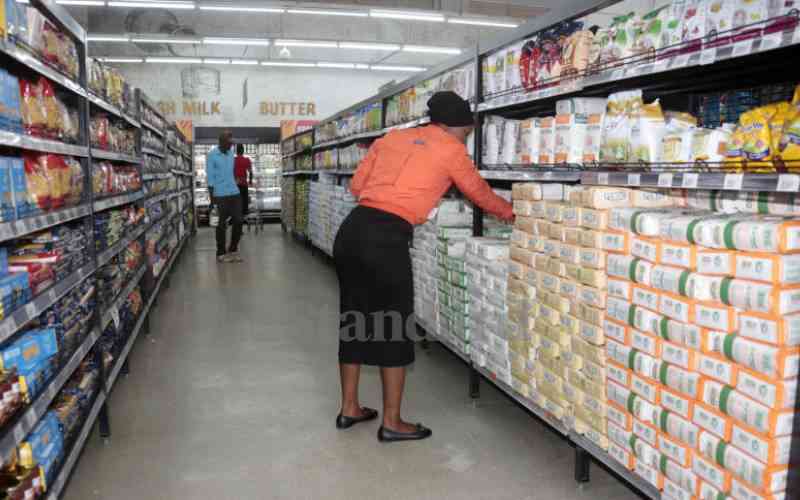×
The Standard e-Paper
Stay Informed, Even Offline

Kenyan families are facing a tough New Year as further squeezes on living standards take place in 2023.
While the year ahead may provide some relief to economic policymakers, with signs that inflation may ease, family finances face a repeat of the 2022 squeeze as the cost-of-living crisis worsens.